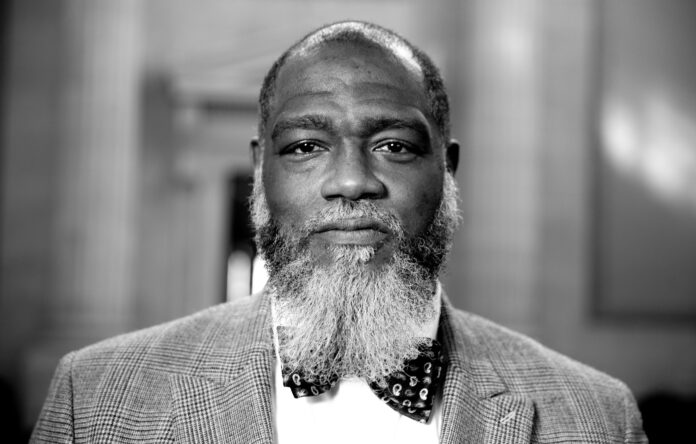“If you want to know what CRT is, it is everything Martin Luther King has written, including his ‘I have A Dream Speech.’”
Should McKissic, who already left the Southern Baptist of Texas Convention over its anti-CRT stance, depart the larger denomination, he would join several other prominent Black leaders who made that move in recent months.
This year’s resolutions committee chair, James Merritt, confirmed there are “at least 3 or 4” race-related resolutions proposed in the “thick notebook” he will be reviewing with other committee members before they determine which ones to accept, reject or refine and present for adoption at the meeting.
Merritt, who pastors Cross Pointe Church in Duluth, Georgia, said a resolution is not going to solve the SBC’s growing debate about race relations. Still, he acknowledged there’s a lot riding on the committee’s work this year, with CRT one of the “points of tension” it has to manage.
“We’re calling on the Lord of heaven to give us wisdom and discernment,” said Merritt, who was president of the SBC from 2000 to 2002. “I had an entity head tell me he thinks this may be the most pressure-packed important resolutions committee in 40 years, and he may very well be right.”
The divides about CRT are not strictly between people of different races in the Southern Baptist Convention, which was founded in 1845 with a defense of slavery.
Voddie Baucham Jr., an African American dean of a Zambia-based divinity school, is against the use of CRT and devoted pages of his new book, “Fault Lines: The Social Justice Movement and Evangelicalism’s Looming Catastrophe,” to the development and passage of Resolution 9 — for which he faults the 2019 resolutions committee for opening the door to engagement with CRT.
Resolution 9 concluded: “Critical race theory and intersectionality should only be employed as analytical tools subordinate to Scripture — not as transcendent ideological frameworks.”
“This is the crux of the matter: The million-dollar question is whether CRT is a worldview or merely an analytical tool,” writes Baucham, who who describes CRT as a worldview. “Tools don’t explain; worldviews do.”
The Rev. Marshal Ausberry Sr., president of the National African American Fellowship of the SBC, said most African American churches in the denomination do not see CRT as “the hill to die on.” He noted several Black churches have recently become affiliated with the SBC and his fellowship, even as some Black leaders have left the SBC.
Ausberry, who also is the first vice president of the SBC, noted Feinstein’s 2019 proposed resolution was refined by the resolutions committee — by men and women who were not liberals but rather mostly SBC-trained scholars.
“These are very conservative men and women and who made all kinds of qualifications in their address of CRT,” he said, “not embracing CRT but simply carving out a safe lane for someone — not in the pulpit, not in the elementary school or high school, but in the safety of a college or similar classroom — to help build cultural competencies in future pastors and church leaders that there are some things that can be systemic racism.”
Feinstein, who describes himself as an ethnically Jewish pastor of a Southern Baptist congregation, hopes that despite expectations of a contentious meeting fueled by debate on CRT and other issues, there will be a way to move forward.
“I just want our denomination to stay united in our cooperation on global missions and church planting with the guardrails that are set by the Baptist Faith and Message 2000,” he said. “I want the Lord to protect us from not being, really, just blown up.”
This article originally appeared here.

